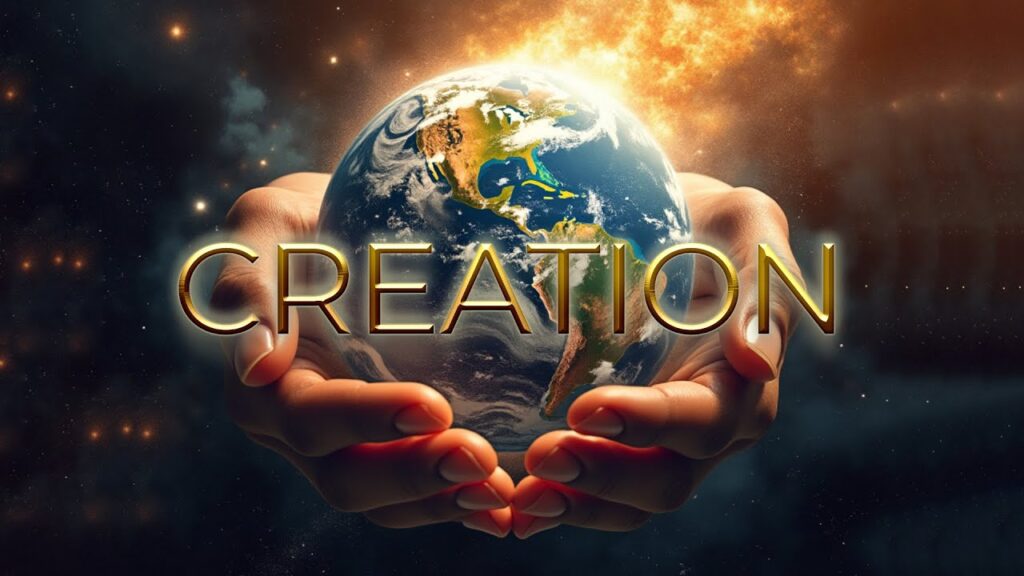Hey there, friends! Today, we’re diving into Genesis 2, a chapter that follows the grand narrative of creation with a more detailed account of the seventh day and the creation of man and woman. It’s fascinating how this chapter intertwines with the broader themes of rest, purpose, and human relationships, so let’s unpack it together.
The Seventh Day — A Day of Rest:
Youtube Version:
In Genesis 2, we see that after six days of creation, God takes a rest on the seventh day:
- God’s Rest: “Thus the heavens and the earth were finished, and all the host of them. And on the seventh day God finished his work that he had done, and he rested on the seventh day from all his work that he had done.” This isn’t just about ceasing activity; it’s about completion and sanctification. The Sabbath, or the day of rest, teaches us the value of reflection, peace, and the sanctity of time. In today’s hustle culture, this lesson of taking time to rest and reflect is more crucial than ever.
- The Sanctification of the Sabbath: God blessed the seventh day and made it holy. This act symbolizes not just physical rest but spiritual rejuvenation, highlighting the importance of integrating divine peace into our lives.
The Creation of Man and Woman:
- Formation of Man: “Then the Lord God formed the man of dust from the ground and breathed into his nostrils the breath of life, and the man became a living creature.” Here, we see humanity’s dual nature — made from the earth yet animated by the divine breath. This duality suggests we are beings of both material and spiritual essence.
- The Garden of Eden: God plants a garden in Eden, placing man there to work and keep it. Eden isn’t just a physical location but symbolizes a state of consciousness where the divine and human meet, representing potential, purity, and the original blueprint of human existence.
- The Tree of Knowledge: In the midst of the garden, alongside the tree of life, stands the tree of the knowledge of good and evil. This tree introduces the concept of choice and moral complexity into the Garden, setting the stage for human moral development.
- Companionship and Unity: After observing that “It is not good that the man should be alone,” God creates woman from man’s rib, symbolizing her equality and complementarity to man. This act underscores the necessity of partnership and mutual support in human life.
Themes and Reflections:
- Choice and Consequence: The narrative introduces free will with God’s command not to eat from the tree of knowledge. This isn’t just about obedience; it’s about understanding the implications of our choices, highlighting the journey from innocence to experience.
- Human Dominion and Responsibility: Adam naming the animals signifies human dominion over creation, but with dominion comes great responsibility. It’s a call to care for and understand our environment and fellow creatures.
- The Role of Woman: Formed from Adam’s rib, Eve represents companionship and partnership, not inferiority. The story emphasizes mutual support in relationships, challenging modern misconceptions about gender roles in the Bible.
Conclusion:
Genesis 2 isn’t merely a continuation of the creation story; it’s a deep dive into themes of rest, human nature, responsibility, and partnership. It invites us to reflect on our relationship with ourselves, each other, and the divine. The Sabbath rest teaches us balance, the creation of humans speaks to our purpose and nature, and the introduction of the tree of knowledge brings forth the concept of moral choice.
Your Thoughts:
What did you think about this exploration of Genesis 2? Do these themes resonate with you, or do you view them differently? Let’s discuss in the comments below, and please join me next time as we delve deeper into the stories and lessons of the Bible. Stay blessed!


